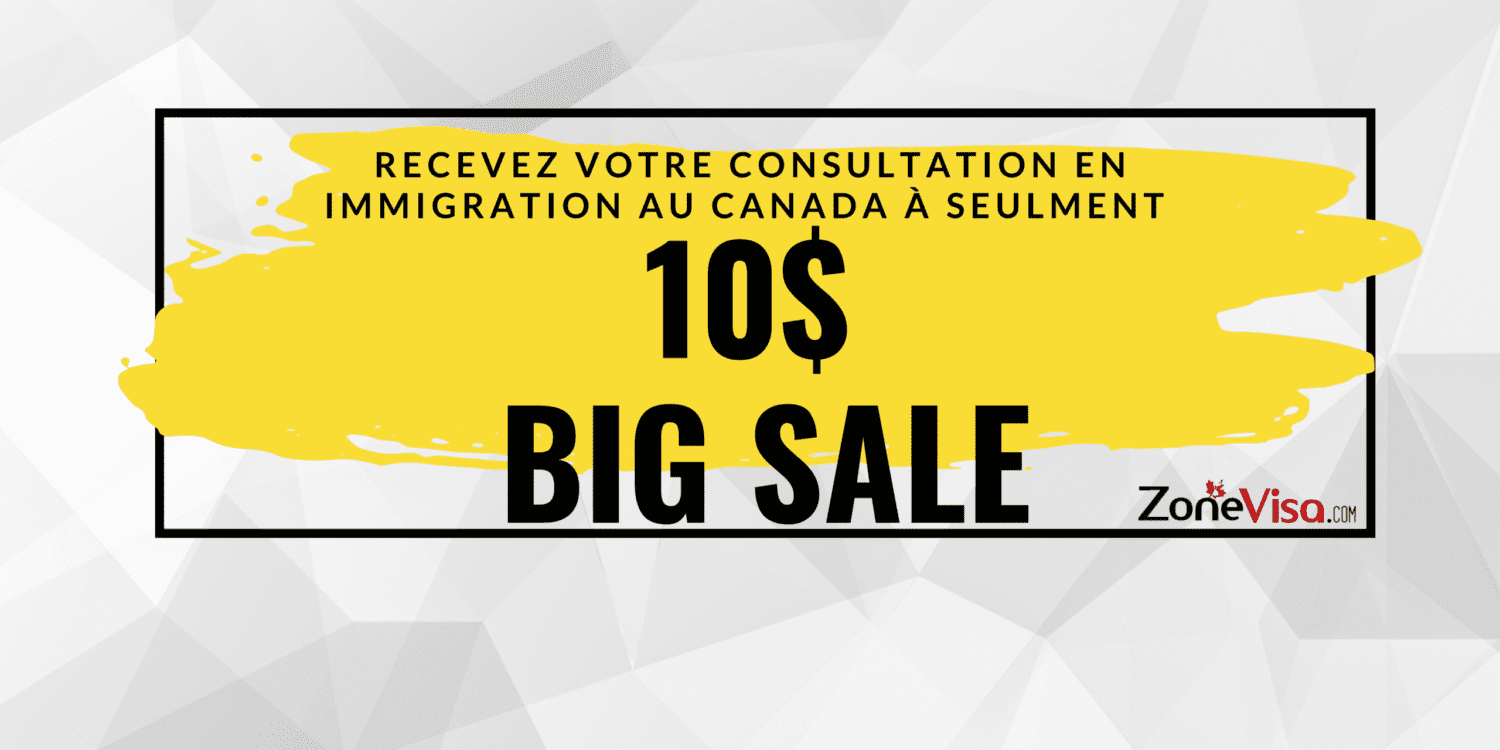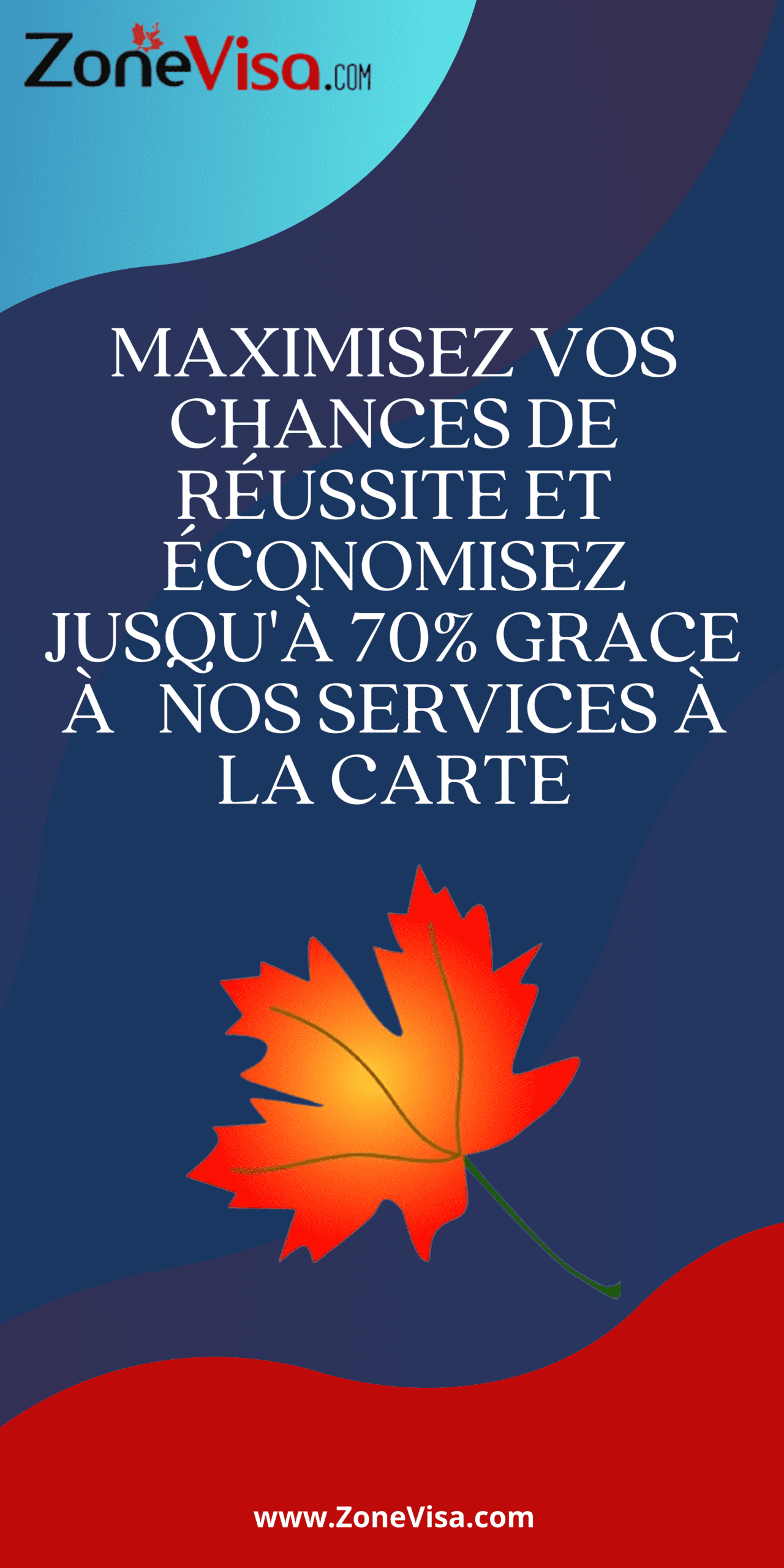[ad_1]
The Hidden Costs of Canada Immigration: Unveiling the Injustices Behind the RPRF
Introduction:
Canada has long been considered a land of opportunity, attracting immigrants from all corners of the globe seeking a better life. While the journey to Canada may seem promising, there are often hidden costs that newcomers face, such as the Right of Permanent Residence Fee (RPRF). This article explores the RPRF in depth, shedding light on the injustices and financial burden it imposes on immigrants.
An Expensive Hurdle: Understanding the Right of Permanent Residence Fee
The Right of Permanent Residence Fee, commonly known as the RPRF, is a mandatory fee imposed on individuals who have been approved for permanent residency in Canada. This fee, which does not come cheap, must be paid before the applicant can officially become a permanent resident. With the current fee sitting at CAD $825 per adult, the RPRF can quickly become a significant financial burden for immigrants, especially for families with multiple members.
Unmasking the Injustices of the RPRF
While the Canadian government justifies the RPRF as a way to offset the costs of processing applications, critics argue that it poses an unjust barrier for immigrants. The fee can be prohibitive for individuals and families who are already struggling to make ends meet, making it difficult for them to realize their dreams of a better life in Canada. This financial burden disproportionately affects low-income individuals, perpetuating inequality within the immigration system.
The Impact on Family Reunification
One of the most detrimental consequences of the RPRF is its effect on family reunification. Many individuals who wish to sponsor their family members to join them in Canada must pay the RPRF for each member. For families with several dependents, the combined cost of the fees can be exorbitant, often exceeding the financial means of the sponsor. As a result, families are torn apart, unable to reunite due to the hefty price tag associated with the RPRF.
A Moral Dilemma: Paying for Permanent Residency
The RPRF raises ethical concerns as it essentially requires individuals to buy their permanent residency in Canada. This practice creates a two-tiered system, where only those who can afford the fee have access to the benefits of Canadian citizenship. This goes against the principle of equality and fairness that Canada prides itself on. The RPRF undermines the notion that Canada is a country that values diversity and inclusivity by placing a price tag on immigration.
Proposed Solutions and Alternatives
Given the controversies surrounding the RPRF, there have been calls for reforms to make the immigration process more inclusive and fair. One proposed solution is to introduce income-based waivers that would exempt low-income individuals and families from paying the fee, ensuring that financial constraints do not hinder their immigration journey. Another alternative is to reduce the fee or introduce flexible payment options to alleviate the burden on immigrants.
The Need for Change: Advocating for a Fair and Equitable Immigration System
In conclusion, the Right of Permanent Residence Fee (RPRF) erects a financial hurdle for immigrants, impacting their dreams of a better life in Canada. The fee disproportionately affects low-income individuals, hinders family reunification, and raises ethical concerns. It is crucial for the Canadian government to address these injustices and work towards a more inclusive and fair immigration system. By implementing reforms or alternatives to the RPRF, Canada can truly uphold its values of diversity, equality, and justice for all who seek to call this country home.
[ad_2]



